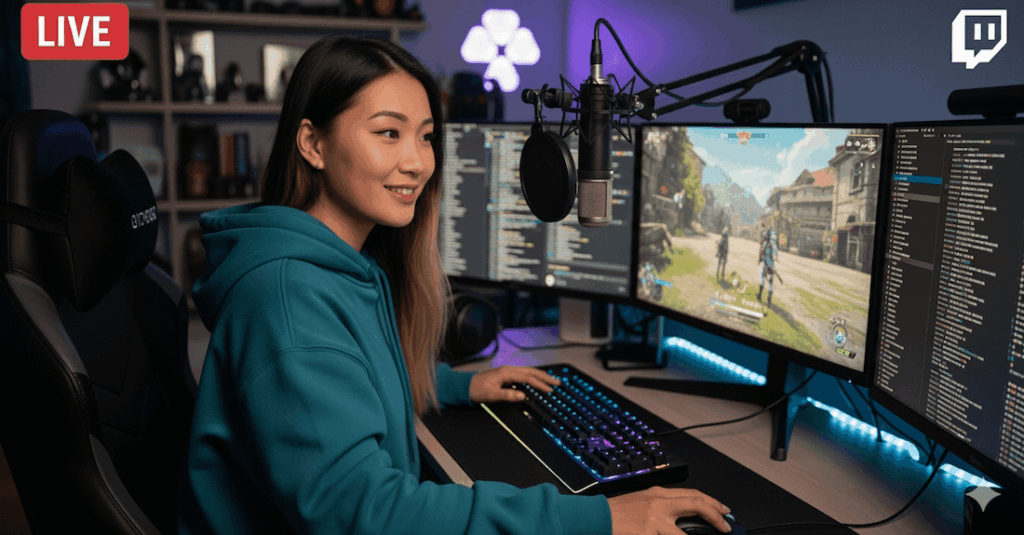On July 4, 2025, President Donald Trump signed the One Big Beautiful Bill Act (OBBBA) into law.
It’s a massive piece of legislation that touches nearly every corner of American life—but if you’re a content creator, what you likely care about most is how it changes your tax bill.
The good news? A few provisions in the OBBBA directly affect content creators, freelancers, solopreneurs, and online entrepreneurs. Let’s break them down with real-life creator examples.
1. The Qualified Business Income (QBI) Deduction Is Permanent
The OBBBA makes the 20% pass-through deduction for business income permanent.
✅ Example: You’re a YouTuber who nets $80,000 after expenses. Thanks to QBI, you get a $16,000 deduction before calculating your taxable income. That’s real money back in your pocket—now guaranteed for the long term.
2. No Federal Tax on Tips or Overtime (Probably Not You)

Starting in 2026, certain workers won’t pay federal income tax on tips or overtime. But as a self-employed creator, you don’t typically qualify.
[NEW] The Treasury Department just released new information that indicated content creators that receive tips might be able to avoid tax on up to $25,000 in tips.
The deduction is limited to those making less than $150,000 where the phase out period begins. This may have a significant impact on the creator industry.
❌ Example: A Twitch streamer who earns $20,000 in tips from viewers might be able to deduct that under this law—because online “tips” could fall into the IRS’s definition of customary tipped wages.
Stay tuned for more as IRS rules around this develop.
3. Bonus Depreciation Made Permanent

This one is huge for creators: you can write off the entire cost of your gear immediately instead of spreading deductions out over years.
✅ Example: A photographer buys a new $5,000 camera and $2,000 worth of lighting equipment in 2025. Under the OBBBA, they can deduct the full $7,000 that same tax year instead of depreciating it over five. That’s an instant tax savings and a better cash-flow win.
4. SALT Deduction Limit Increases (For High Earners)
If your creator business has scaled up into six-figure-plus territory, the state and local tax deduction cap rises to $40,000 per return.
✅ Example: A California-based content creator earning $400,000+ in sponsorships and digital product sales may finally get some relief on those big state tax bills. For smaller creators? This likely won’t apply.
5. Small Extra Perks
- $1,000 charitable deduction available even without itemizing—helpful if you donate to causes or gift equipment to nonprofits.
- Child Tax Credit increase ($2,200 in 2026, $1,000 refundable) could give creator parents more wiggle room at tax time.
What Doesn’t Change for Creators
- No more EV or clean energy credits after late 2025—if you were planning on using them for a home studio upgrade or electric delivery vehicle, act quickly.
Final Word
The OBBBA is sweeping, but for creators, the biggest wins are:
- The permanent QBI deduction (20% off your business income).
- Instant write-offs for new cameras, computers, and other gear via permanent 100% bonus depreciation.
- Potential savings on vehicle deductions if you finance a new U.S.-assembled car.
Everything else? Nice to know, but less relevant unless your income or lifestyle puts you in a specific category (like high earners in high-tax states).
👉 Bottom line: If you’re a creator, the OBBBA doesn’t reinvent the tax game, but it does give you a few new ways to save—and locks in some valuable deductions you’re already using.
